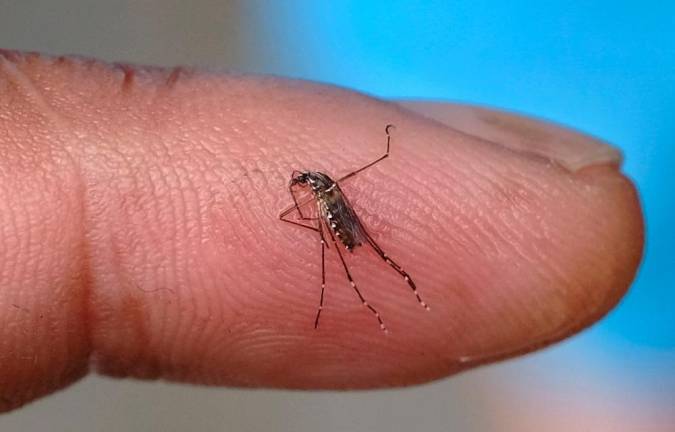INDIA and China are separated by the massive Himalayas, and their native religions exhibit no scriptural connection — unlike Judaism, Christianity and Islam that are like three brothers of varying ages from the same family lineage. The Bible incorporates Judaism’s Torah, and the Quran makes abundant references to Jesus. However, these brothers often fight out of rivalry.
In contrast, there has never been any conflict between the native religions of India and the native religions of China. These native religions were, however, treated with utter contempt during the thousand-year colonial era when armies from West Asia conquered India, to be subsequently replaced by West European forces that conquered India and large parts of China. To this day, millions of Indians and Chinese who are alienated from their ancestral heritage avoid visiting any temple.
But not only have the native religions of India and China never clashed, they share a holistic eco-view of life on earth that connects them spiritually. A common thread runs through India’s Hinduism, Jainism, Buddhism, and Sikhism, and China’s Taoism and Confucianism that is drawing the attention of climate scientists.
These six religions advocate less meat, and in the case of Jainism there is abstinence at all times. In Sikh gurdwaras, meat is never served at communal meals. Hindus don’t consume beef, and a third of them are committed vegetarians. Buddhists also abstain from beef. In Taoist circles, the Cantonese phrase sik cai is frequently heard during new moon and full moon days: it means avoiding meat at those times. Strict Taoist adherents rarely consume meat.
But don’t the Chinese eat just about anything that moves, especially pigs? However, meat lovers should note what is stated in a Confucian scripture: “Beasts devour one another, and men hate them for doing so” (The Works of Mencius, Bk 1, Pt 1, Ch4, v5). Three chapters later, it says directly: “So is the superior man affected towards animals, that, having seen them alive, he cannot bear to see them die; having heard their dying cries, he cannot bear to eat their flesh” (Ch7, v8).
These teachings of Confucianism state the primary rationale for leaning towards a non-meaty diet, that is, to avoid raising animals for mass slaughter because they suffer emotionally and physically. You will find similar compassion verses in the scriptures of the other five native religions. The keyword is ahimsa or non-violence towards living beings. Many scoff at these claims of animal suffering, but research has shown that most livestock species do experience great pain.
There is yet another rationale – an altogether new one – for staying off meat or reducing meat intake by 50-90%. Climate scientists have found that global warming isn’t just due to the fossil fuels that we burn; the animals we breed for their tasty flesh are the biggest emitters of greenhouse gases that heat up the earth. Humans eat more than 50 billion farm animals yearly.
Of greatest damage is cattle farming. Not only do cows emit carbon dioxide, the global cattle population is the third largest emitter of the heat-trapping gas methane that is 20 times more potent than C02. Cattle breeding also requires large tracts of carbon-absorbing forest land to be cleared for pasture: 80% of the world’s agricultural land is devoted to raising livestock.
Of course, animals need to eat and we have to devote much arable land to cultivate grain as animal feed. That’s chopping down more trees. If you’re facing water rationing this dry season, as many countries are, remember that 15,000 litres of fresh water is needed to produce 1kg of beef, whereas you need only one-tenth that amount to water 1kg of padi.
Not so innocently we have brought climate change upon ourselves. But the adherents of Hinduism, Buddhism, Jainism, Sikhism, Confucianism, and Taoism can mitigate the situation by promoting global observance of a common practice in these six religions – eat no meat or less meat. They should be a mile ahead in forging a vegetarian (no meat) or flexitarian (meat-reduced) lifestyle and hence save life by not mass-producing it for slaughter. At the same time, save the climate.
The writer, a former journalist, champions inter-faith harmony. Comments: letters@thesundaily.com















